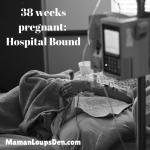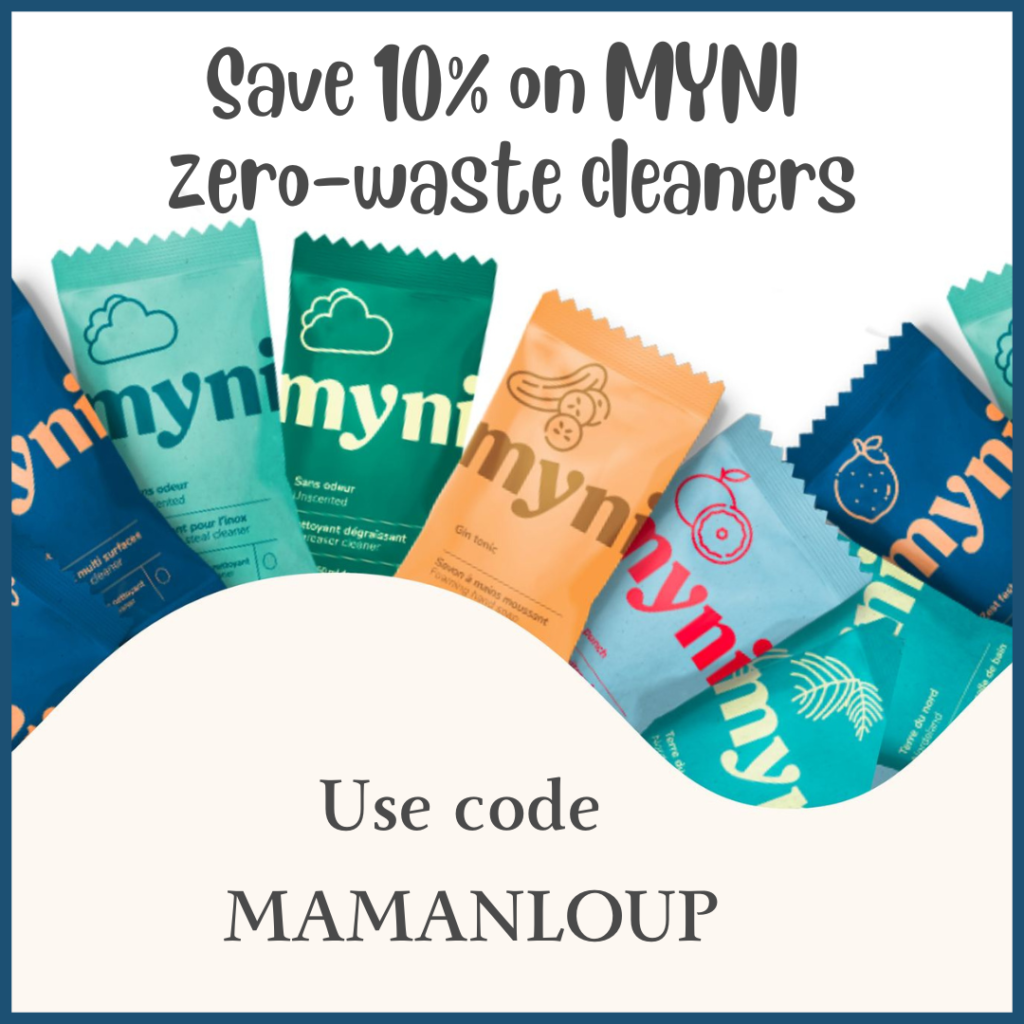Sticks and stones may break my bones… but I think words can hurt just as badly.
I am a firm believer that words have the power to shape a person’s worldview and even to shape the world itself.
Somewhere in between the very personal and the extremely international is my beef with the frivolous use of the term “OCD.”
For some reason, it comes up often in cloth diapering forums:
- “Is it just my OCD, or is the label on this diaper off centre?”
- “My OCD is driving me nuts! I’m just missing one colour to complete my rainbow!”
- “DH just used all the AppleCheeks inserts in the AMP covers and vice versa… I’m freaking out… must be my OCD!”
Big deal, right? It’s just a figure of speech. Well, to me it is a big deal, in the same way I cannot stand adolescents tossing around the expression “that’s so gay” or anyone saying “I just got gypped (or jewed) at the flea market.”
Regardless of if you are gay, a Roma or Jewish, hopefully you recognize that using those expressions is offensive and ignorant.
In my cloth diapering examples above, and everywhere else I see it, when the term “OCD” is bandied about, it’s actually not done so as an insult. It’s used as a catch-all synonym for perfectionism, attention to detail, Type A Personality, need for control, etc. It’s used offhandedly, in self-deprecating statements about a person’s quirkiness.
And it is exactly this casual usage, this “oh aren’t I so silly” message that bothers me.
If you haven’t already guessed, I have battled with the real OCD: Obsessive Compulsive Disorder. Let me assure you that it is anything but a quirky or silly little problem that has me wanting to line my diapers up in a perfect rainbow.
There are most likely women and men whose OCD symptoms do cause them to want to line their diapers up perfectly: the difference is that it’s not adorable or funny. They’ve possibly wasted hours of their day trying to arrange them “just so” to give them relief from the anxiety they feel, only to find that that relief lasts mere minutes before they need to launch back into the routine.
My own OCD is not something that is visible to your average onlooker. Mine happens mostly in my head. My compulsions involve trying to get my thoughts “just right” and to stop the unwanted thoughts from coming back. My OCD means shame, sadness, fear and desperation.
My OCD has meant missed work, missed opportunities, severe weight loss, countless hours of therapy, medication and a potentially unfathomable amount of internal turmoil and distress to anyone who has never felt what it’s like to feel like you do not own your own mind. In one instance I spent an entire year in the throes of OCD, unable to function at my best, unable to thrive and at times very nearly giving up on myself out of sheer desperation to be rid of the monsters in my mind.
While I am very much recovered from my OCD, it, like my anxiety in general, is something that risks flaring up in stressful situations. I am lucky to have found the right mix of therapy (Cognitive Behavioural Therapy and Exposure Response Prevention) and medication (SSRIs) to be able to live a life unhindered by my OCD.
When people use the term “OCD” flippantly, I feel like it minimizes what I’ve been through. One of the most significant steps in my recovery was when I became able to tell people that I had OCD and Generalized Anxiety Disorder (GAD). People are more or less understanding about GAD, but as soon as I bring up OCD, the reaction is: “Oh ya, me too! I hate when the books on my shelf aren’t in alphabetical order!” Which is kind of like telling someone you have diabetes and having them reply, “Oh ya, I have to watch my sugar intake, too!”
I don’t think anyone using the term OCD offhandedly does so with ill intentions. I think it may be a lack of awareness, or simply the fact that the term is used so frequently to mean “perfectionism” that people don’t think twice about employing it in that sense.
The critical distinction to make is that OCD causes debilitating suffering. While many OCD-sufferers are also perfectionists or people who like to be in control, I can assure you it is not the same thing.
If you think you may be struggling with OCD, I strongly urge you to seek help, and to not be afraid to admit that something is wrong.
And if you don’t actually have OCD, but just derive pleasure from things being neatly arranged or from completing your collection, let’s find another word for it!
Resources that have helped me:
- Freedom from Obsessive Compulsive Disorder: A Personalized Recovery Program for Living with Uncertainty
- The Imp of the Mind: Exploring the Silent Epidemic of Obsessive Bad Thoughts
[affiliate links]
























Leave a Reply